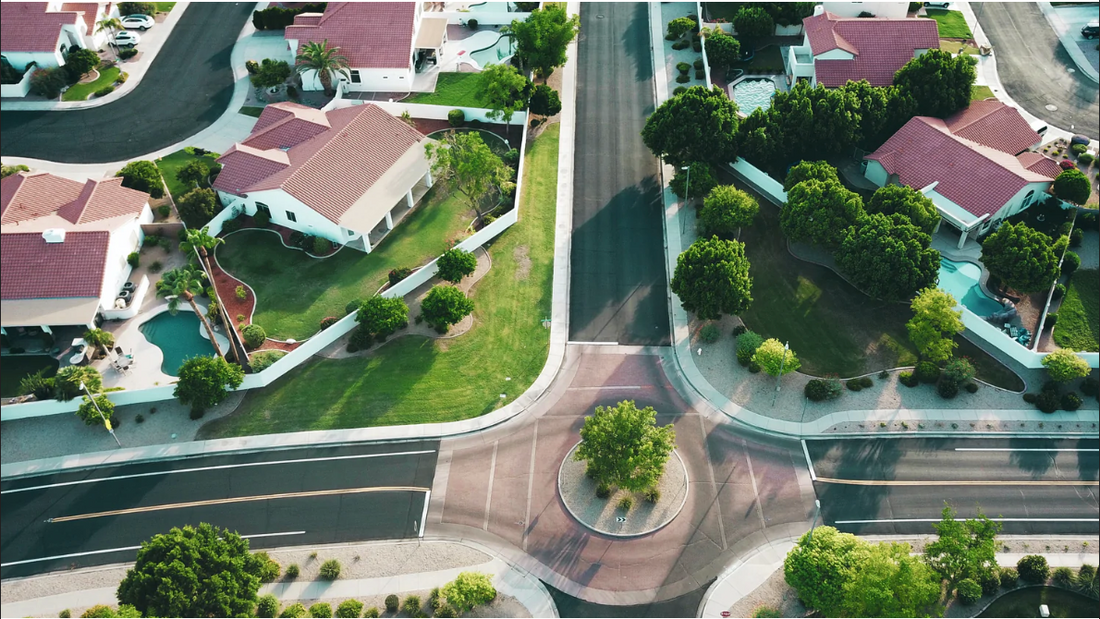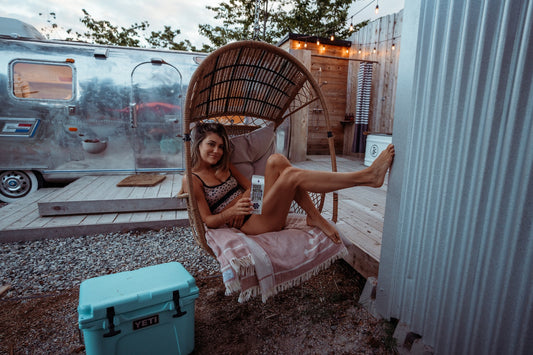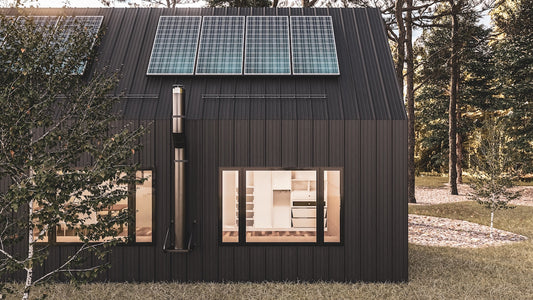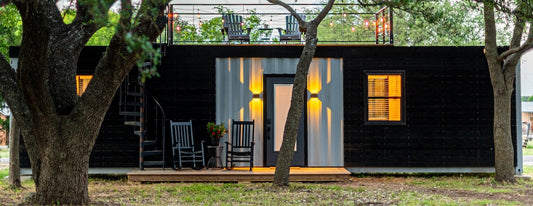If you're looking to purchase land and build a home, there are some things you should know before buying. You'll need to be aware of the HOA (Home Owners Association) agreements and additional costs.
Does the HOA steal your freedom? Not necessarily, it can also make your life easier!
A Homeowners Association (HOA) is a group of homeowners who have voluntarily joined together to create a community. The association is responsible for the maintenance of common areas and properties, as well as rules governing the use of the property. The HOA is a crucial part of a community, as it is responsible for maintaining the overall aesthetic and livability of the neighborhood.
Homeowners associations (HOAs) can be a great way to enjoy the benefits of living in a community. But they can also be an unexpected source of frustration, especially if you aren't prepared. Here are some things to know before buying land.
Structure
The HOA is governed by a board made up of representatives from each home within the community. The board may be elected through a vote among members, or appointed by another board member. These representatives make decisions on behalf of all members on issues such as where trash cans are placed, what color residents can paint their homes and whether pets are allowed in the neighborhood. They also manage any finances that come from dues paid by homeowners within their jurisdiction.
Amenities
Homeowners associations often provide amenities such as pools, tennis courts and golf courses and other recreational facilities. They may also offer social activities such as book clubs or exercise classes. The cost of these amenities is typically spread out among the members of the community through HOA fees. The amount of the fees is determined by the cost of maintaining and operating the amenities, as well as the number of people using them. This ensures that the cost of the amenities is shared fairly among the community members and that the facilities are kept in good condition. They also organize community events and activities to promote a sense of community among residents. Overall, homeowners associations provide many benefits to residents, including shared amenities and a sense of community, but it's important to consider the cost of the HOA fees and any potential rules and regulations before buying a property within a community with an HOA.
HOA fees
Homeowners association fees cover the cost of maintaining common areas, paying for utilities, and other services provided by your HOA. These fees are usually paid monthly or quarterly by all homeowners in the community. They may vary depending on factors such as location and the amenities and services provided such as landscaping, snow removal, pool maintenance, the upkeeping of tennis courts, golf courses, and other recreational facilities.
In addition, the fees often include some utilities cost such as trash collection, snow clearing, security, and pest control. The fees may also be used to pay for community events and activities, as well as insurance for the common area.
The HOA fees that homeowners are required to pay can vary depending on a number of factors such as the location of the community, the type of property owned, and the amenities and services provided by the HOA. For example, a community with a large number of amenities - multiple swimming pools or a golf course, will have higher HOA fees than one with fewer amenities.
It's important to note that HOA fees are typically mandatory and are required to be paid by all homeowners in the community. Failure to pay HOA fees can result in fines, penalties, or even foreclosure in some cases.
Community rules
Your HOA has rules about what you can do with your home, yard and garden; These rules can be found in a document called the Declaration of Covenants, Conditions and Restrictions (CC&Rs). The CC&R should be reviewed by prospective buyers before agreeing to purchase property in the community.
The HOA rules must be followed by the homeowners in order to preserve the character of the community. Very often the CC&Rs will include:
- Minimum square footage to build on lot: This restriction sets a minimum size requirement for new homes being built within the community. This is often put in place to ensure that new homes are of a certain size and standard, and to prevent small or "cookie-cutter" houses from being built.
- Type of house allowed to be built: Some HOAs have specific guidelines regarding the architectural style of homes that can be built within the community. This can include restrictions on the use of certain materials, colors, or rooflines.
- Approval of all plans before any construction can begin: Before any construction can begin, homeowners must submit plans for their proposed project to the HOA for approval. This ensures that the project is in compliance with all community guidelines and regulations.
- Setbacks from property lines: Setbacks are the minimum distance that a home or structure must be from the property line. This is put in place to ensure that homes are not built too close to one another, and to maintain a certain level of privacy.
- Lot sizes: sometimes some restrictions might apply on the minimum or maximum size of lots that can be built on. This can include restrictions on lot width, depth, or overall square footage.
- Prohibited uses of property: this refers to specific restrictions on the types of activities that can take place within individual properties. This can include restrictions on the use of certain types of vehicles, parking of RVs, or the presence of certain types of animals.
The purpose of these documents is to protect property values for all homeowners in the community. It also protects owners from liability issues that could arise from a neighbor's actions or negligence.
For example, some HOAs have restrictions on pets or require everyone to mow their lawns at the same height — so that everything looks nice from the street! You'll find out what these CC&Rs are when you prepare to buy land in an HOA.
It’s important to note that homeowners associations don’t have any legal authority over your property — they only have power over common areas or those things that affect everyone living in the development. The association may own common areas such as sidewalks, roads, recreational facilities, swimming pools and other amenities that benefit all residents.
Declaration of Covenants, Conditions and Restrictions document (CC&R) should be available at the community office or through a link on its website. If you cannot find them there, contact your property seller or HOA for assistance.





